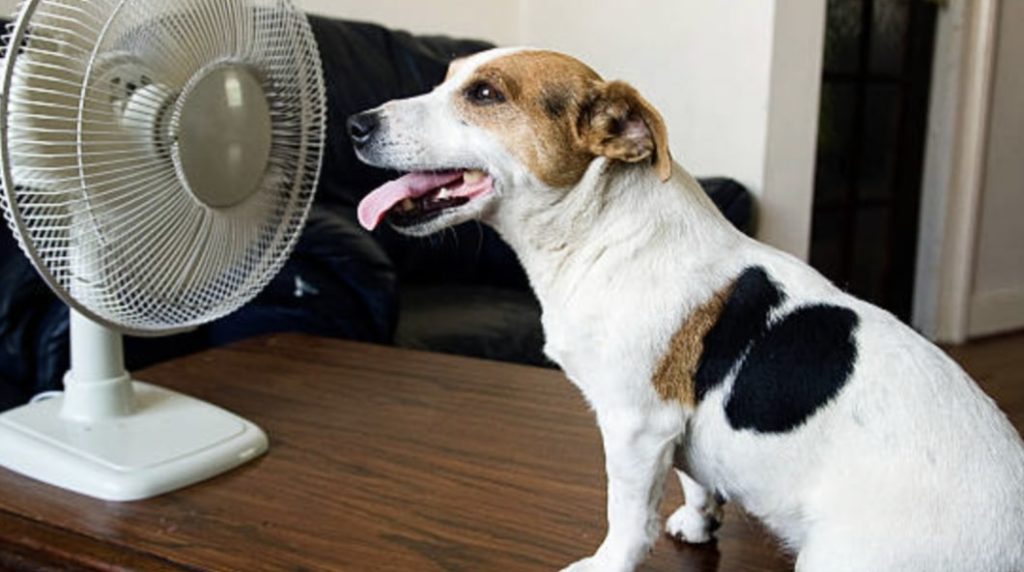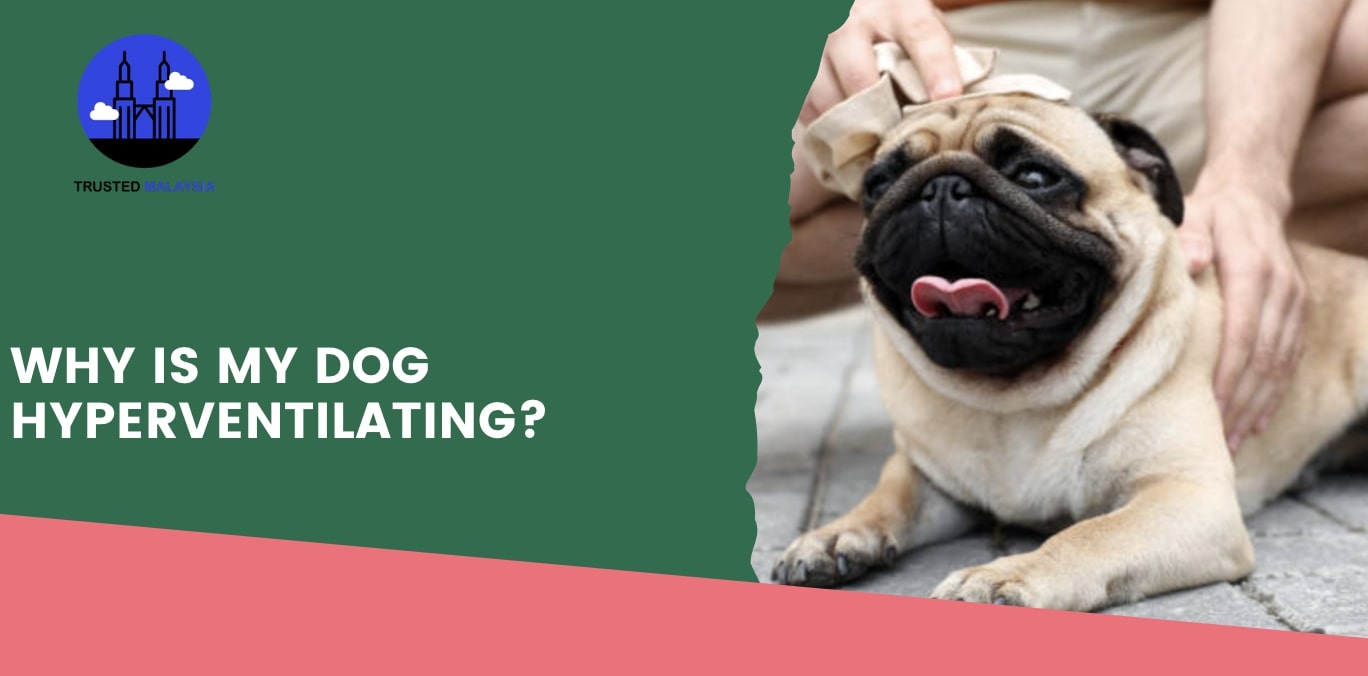Why is my dog hyperventilating?
Wondering why your dog is hyperventilating? It can be scary if they find it hard to breathe even if they’re not currently exercising or doing anything strenuous.
There can be different causes for this, which we will tackle in a moment. We will also check out the signs that your dog is suffering from it so you can do something about it at once.
What’s more, you can take a deep breath and stop worrying, as there are things you can do right now to help them. We will include some of these things in this guide as well!
Signs That Your Dog Is Hyperventilating
Hyperventilation is simply a fancy word that means breathing fast and hard. It’s sometimes called huffing and puffing, gasping for air, and fighting for breath.
Breathing normally allows red blood cells to supply oxygen to different parts of the dog’s body. Oxygen helps their body to function well.
If a dog can’t get sufficient oxygen to their bodies, they will find breathing difficult and experience other health symptoms, such as:
- Fast-paced or heavy breathing
- Rapid heart rate
- Bluing gums
- Huffing and drooling
- Wheezing or snorting
- Weakness or dizziness
- Fainting
In dire cases, hyperventilation can also lead to organ damage, tissue damage, and even cardiac arrest if the dog is left untreated.
Common Causes of Dog Hyperventilation
Here are the common causes of dog hyperventilation:
1) Overheating or Heat-Related Conditions

You have to be careful when you take your dog out for a run or tag them along as you bike. In hot weather, their bodies can overheat, and to cool them down, they pant or hyperventilate.
If the temperature gets to be too much, it can lead to heat stroke, fainting, or even death. Especially avoid warm temperatures for dogs with long, thick fur like a Shepherd or Golden Retriever.
Prevention is always better than treatment. So don’t take them out on a blazing hot day.
If they need to get exercise, you can do it with them early morning when the sun is soft and pleasant or late evening when it is cooler.
In case your pet overheats or hyperventilates while you run, move them quickly to a shaded area, let them rest, and give them water to drink. You can also splash them with a bit of cold water or place an ice pack on their body.
2) Pain, Stress, and Anxiety

Let’s not forget that a dog feels physical pain, stress, and anxiety too. The three of them can be related to each other.
Anxiety can occur when the owner leaves them, and they can get stressed too if they’re not used to their new environment, like being in the midst of noisy traffic.
Make sure that your canine buddy is loved and cared for, just like how you want to be treated, to prevent them from hyperventilating. Know their likes and dislikes and plan accordingly if you’re taking them out with you to keep them comfortable at all times.
You can give them herbal treats that can soothe their overwhelming emotions. That said, if the stress and anxiety are severe, they may need to take medication as prescribed by a veterinarian.
3) Reverse Sneezing
A dog can have unpleasantly long and rapid breaths that sound like snorting. This event is called reverse sneezing.
In general, this is not alarming despite sounding unhealthy. Often, certain breeds have this condition, owing to their small and broad heads and short noses, like bulldogs, pugs, and Boston terriers.
However, if your dog has reverse sneezing accompanied by chronic symptoms like choking and fainting, we strongly advise getting them to a veterinarian as soon as possible.
4) Metabolic Acidosis
Your dog may also be hyperventilating due to metabolic acidosis. This is a serious problem where the acids are disrupting the normal blood pH balance of the dog.
This can be attributed to several factors, such as a kidney or liver problem or having ingested a toxic substance or drug.
Its symptoms are weakness, nausea, and vomiting which makes your dog hyperventilate. If you think your dog has metabolic acidosis, don’t waste any time, get them to a vet immediately.
5) Allergies

Also, a dog may hyperventilate and have other reactions because of allergies. They may pick this up from pests, pollen, and chemicals from essential oils or perfumes as well as food.
Keep in mind that allergic reactions may be mild to severe.
A mild symptom can be managed by simply avoiding the food or object that the dog is allergic to. In addition, you can have them take an antihistamine, but be careful, as some have certain side effects.
An example of a severe allergy is anaphylaxis in which many various chemicals are released within the dog’s body at one time.
This causes various symptoms, like difficulty breathing, a weak pulse, dizziness, and fainting. Because this is life-threatening, you have to act quickly and get your dog to an emergency vet.

